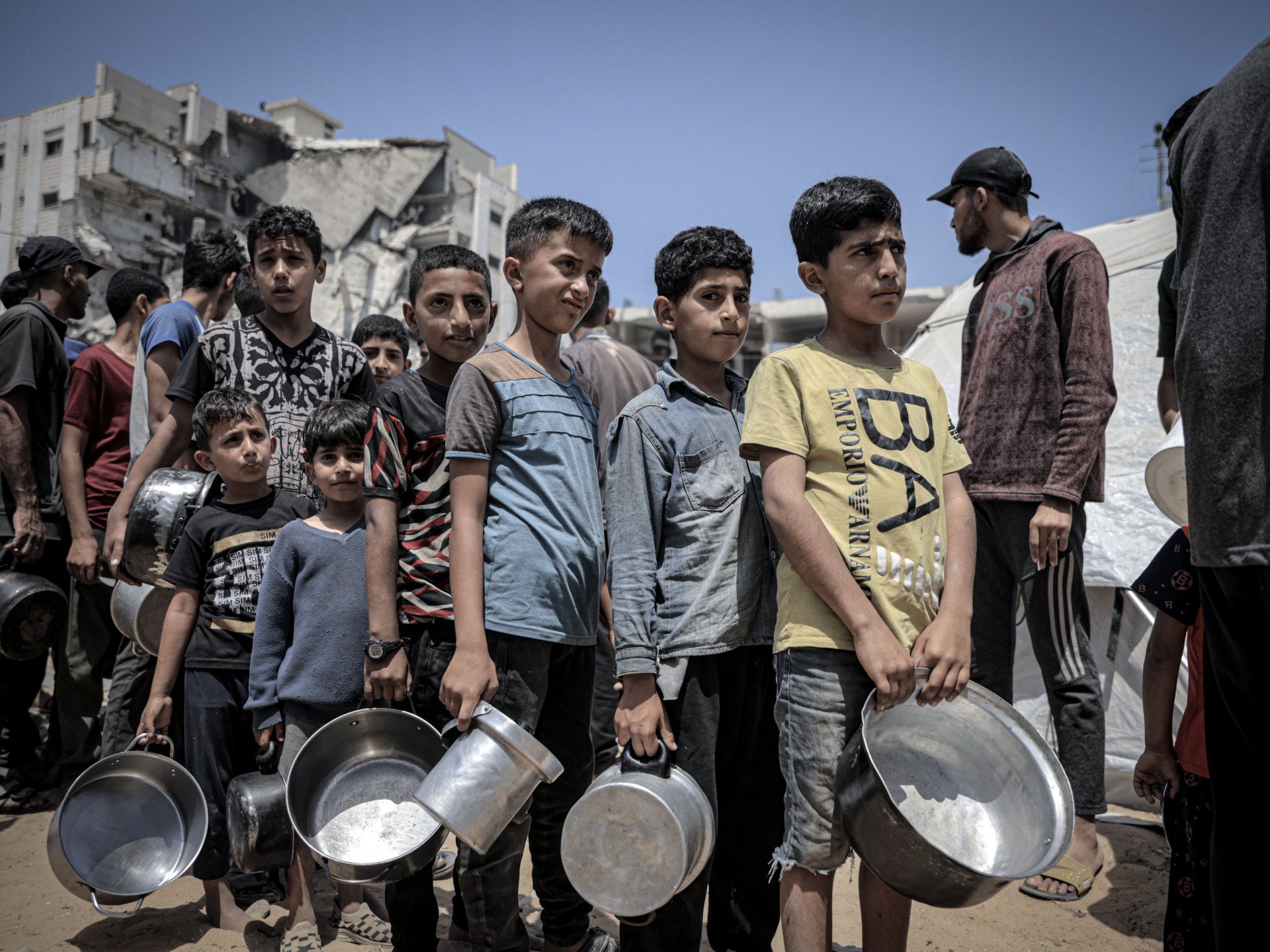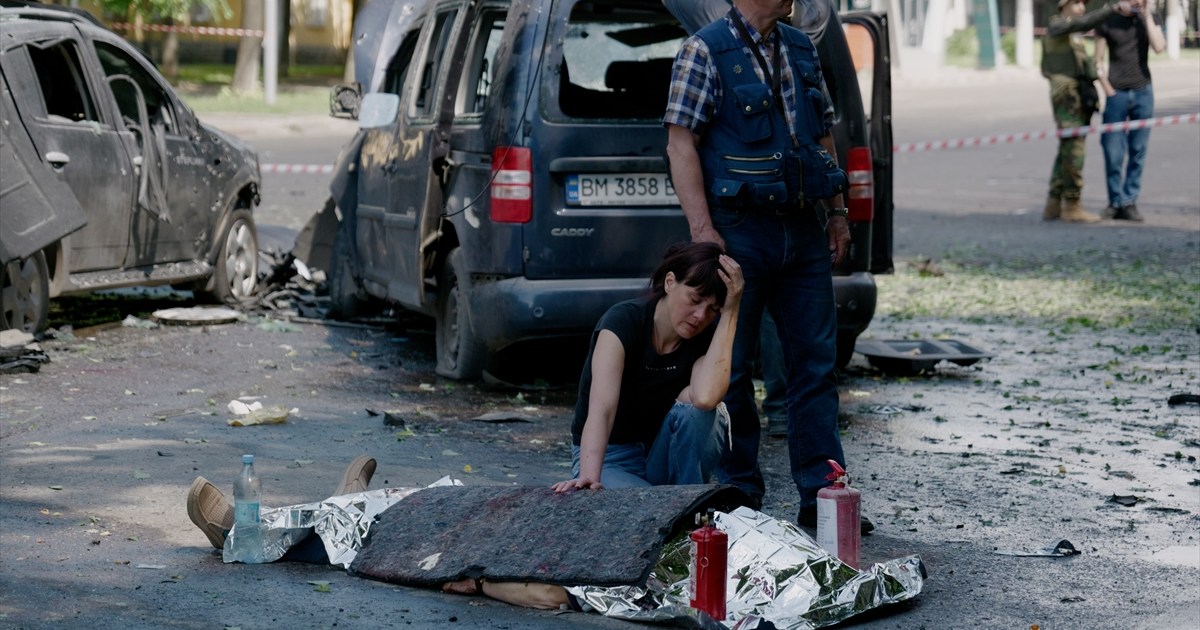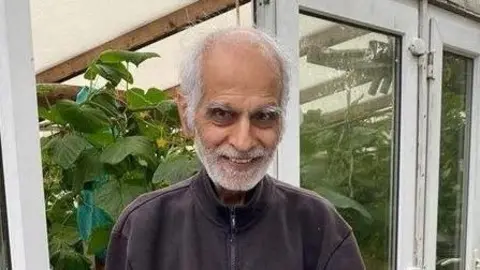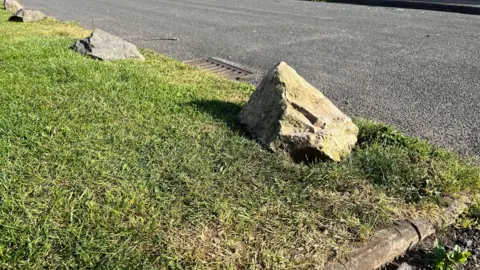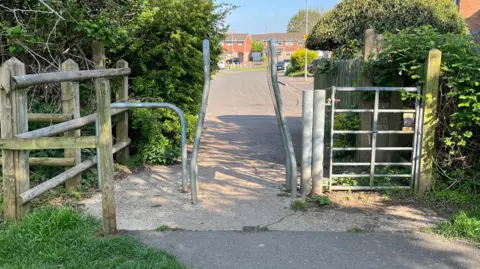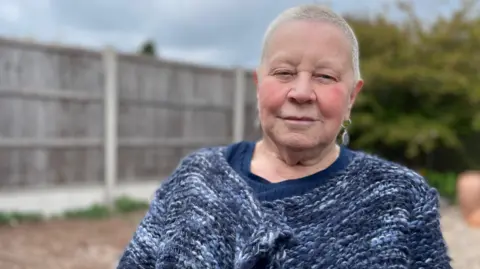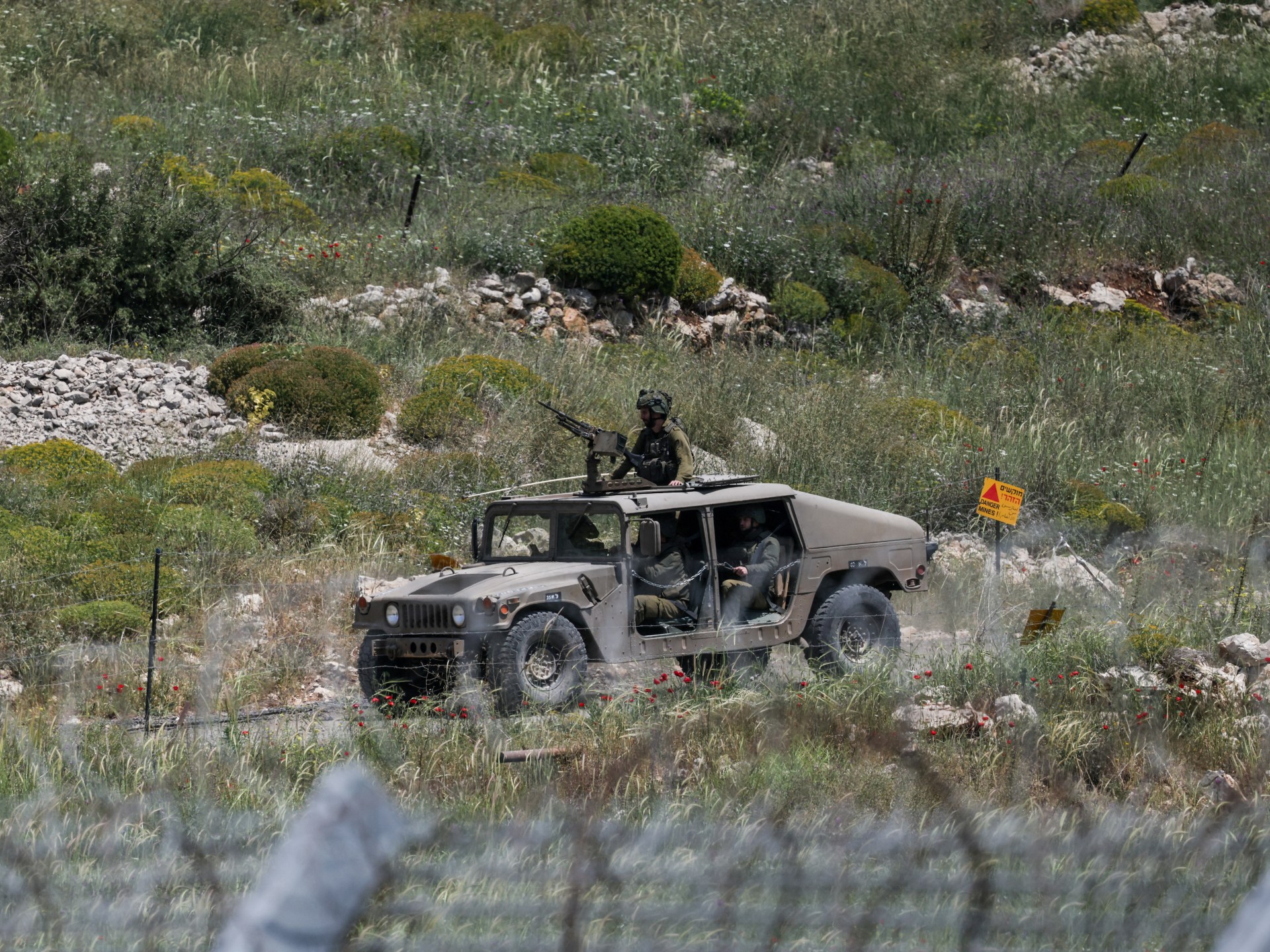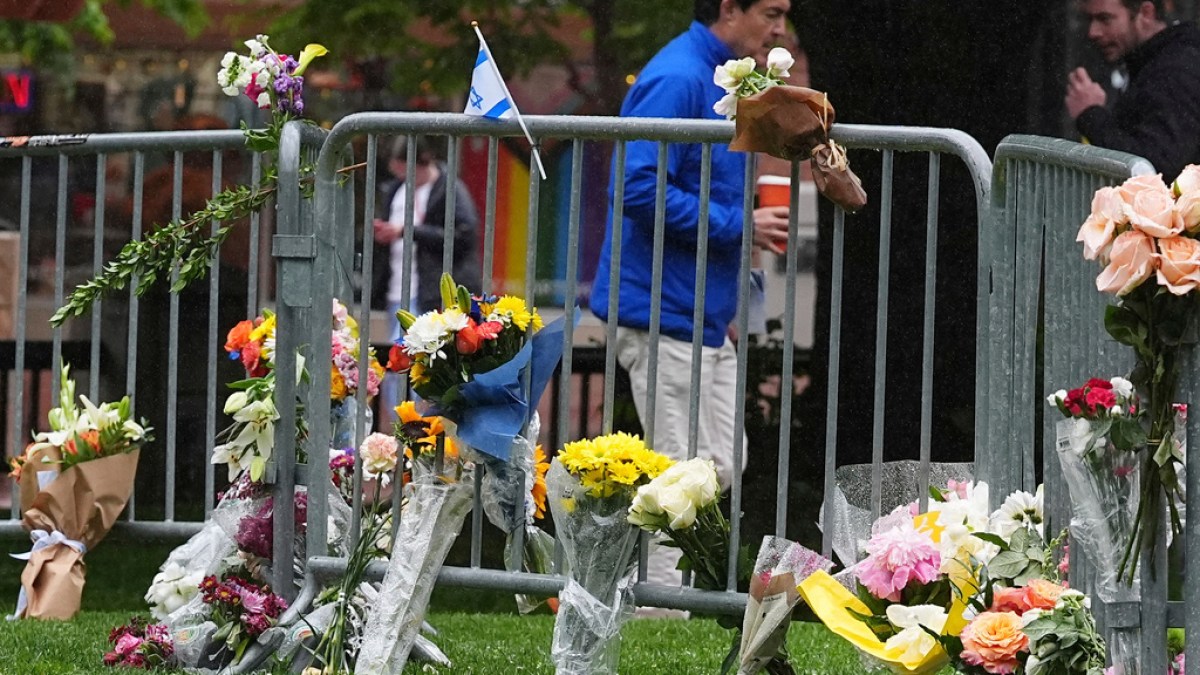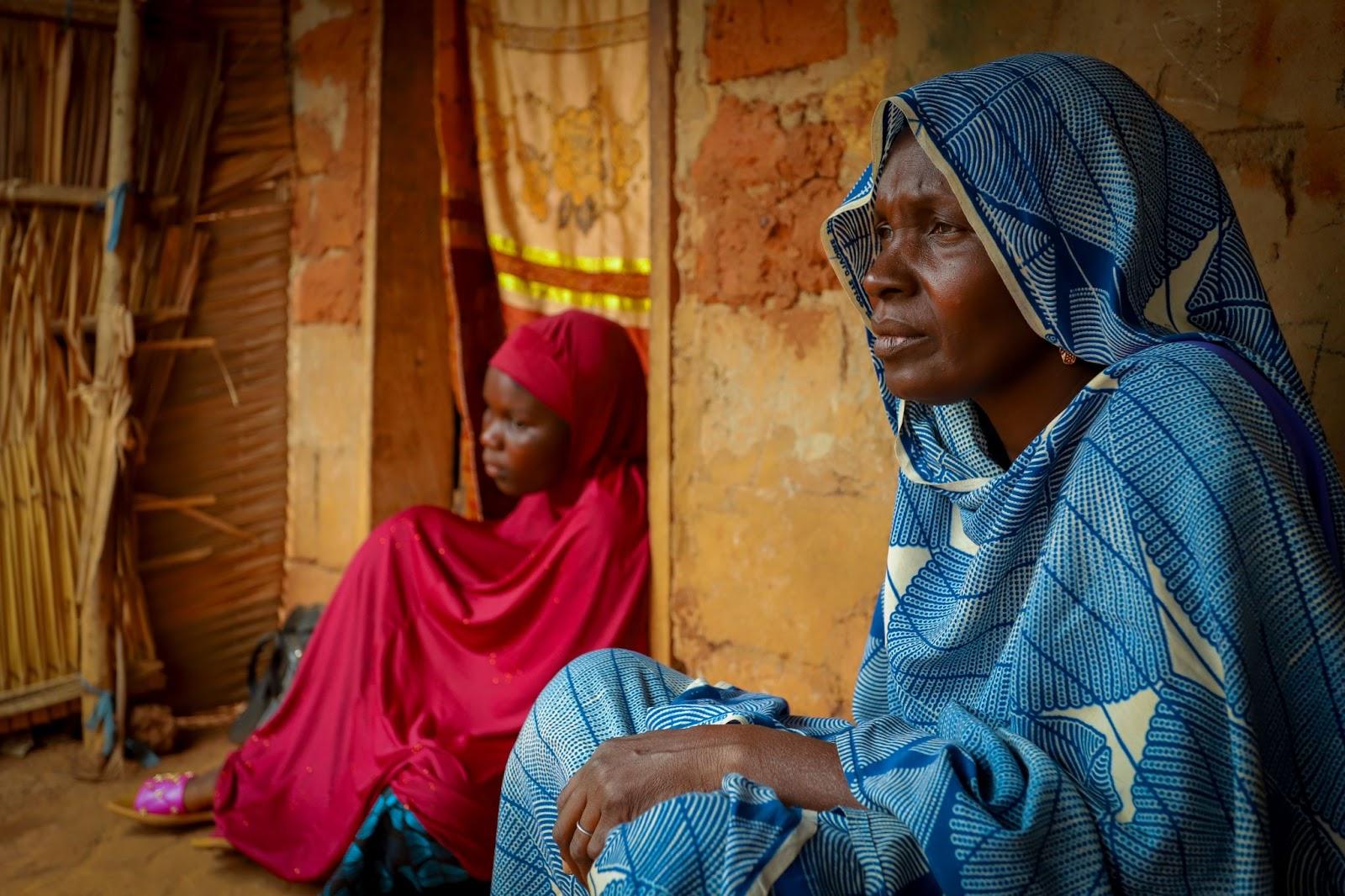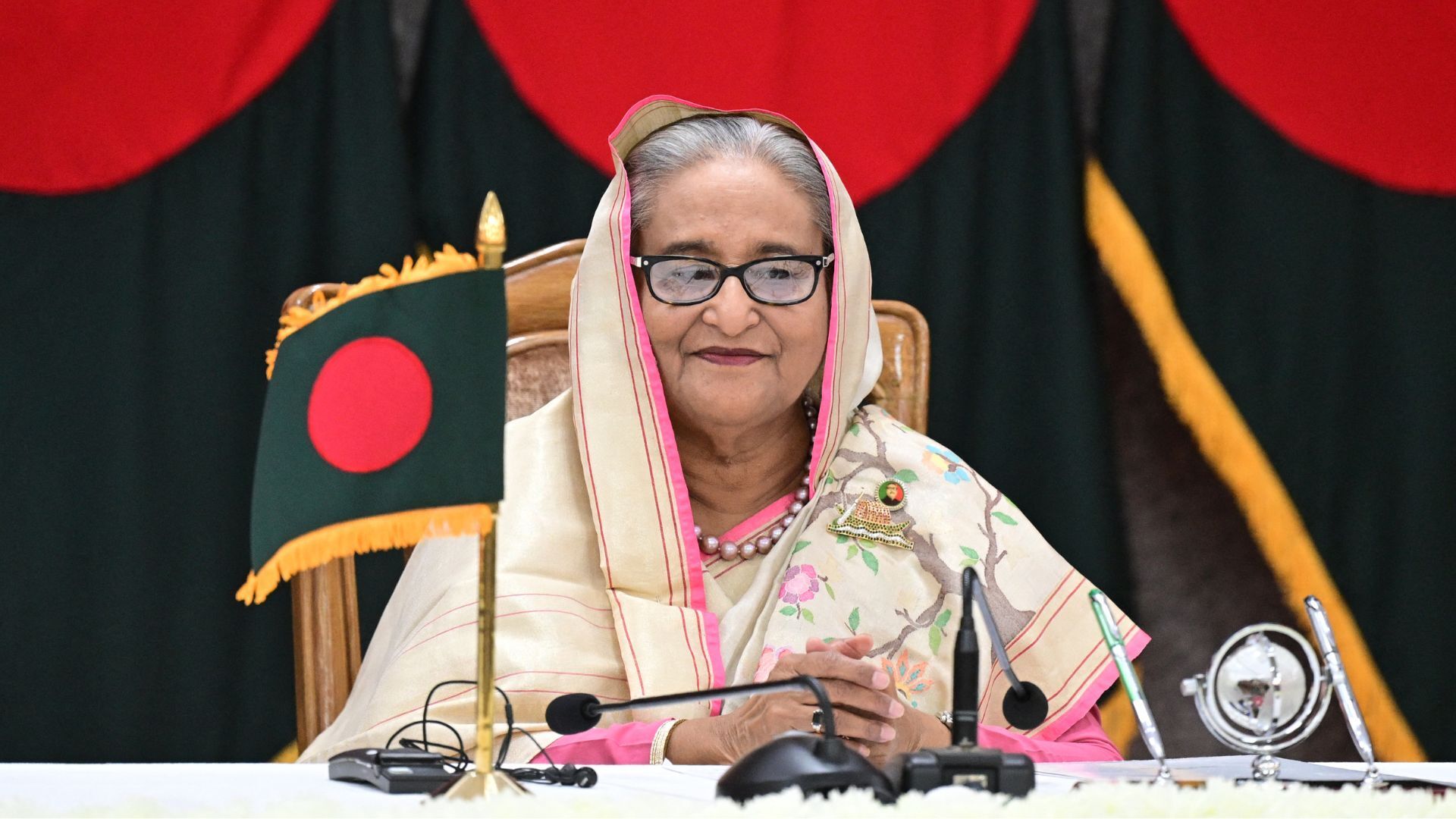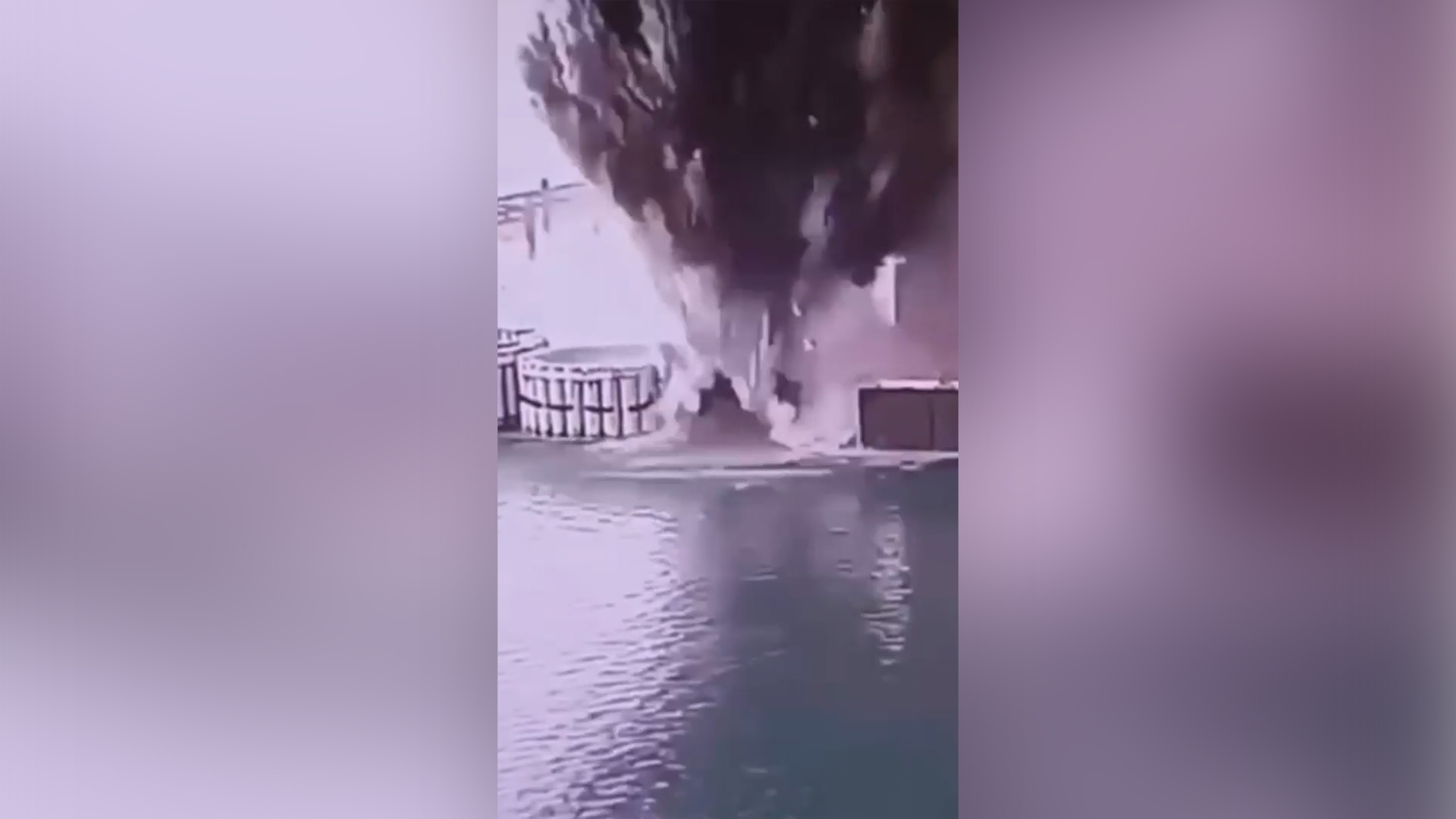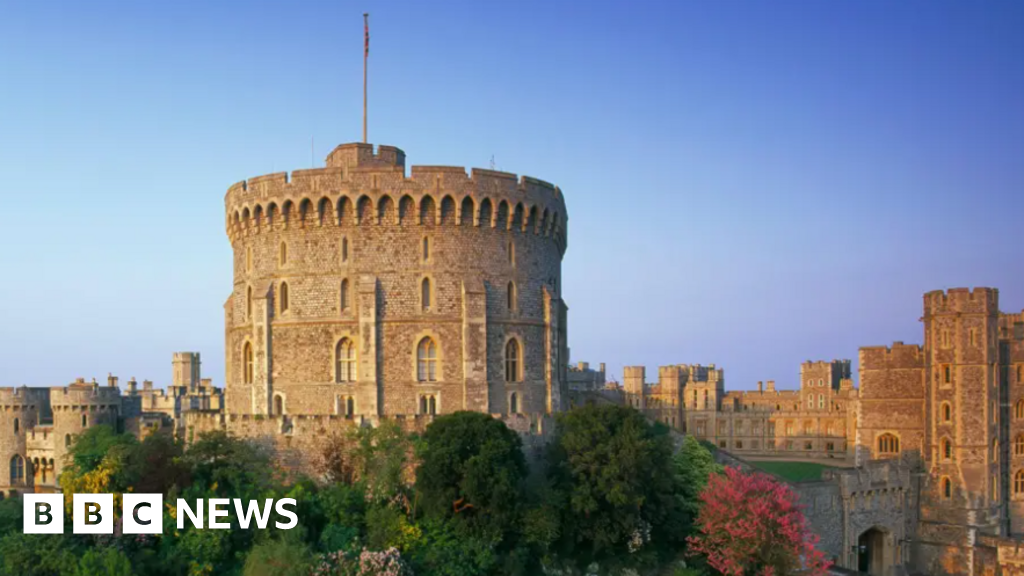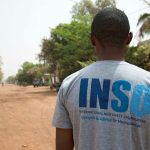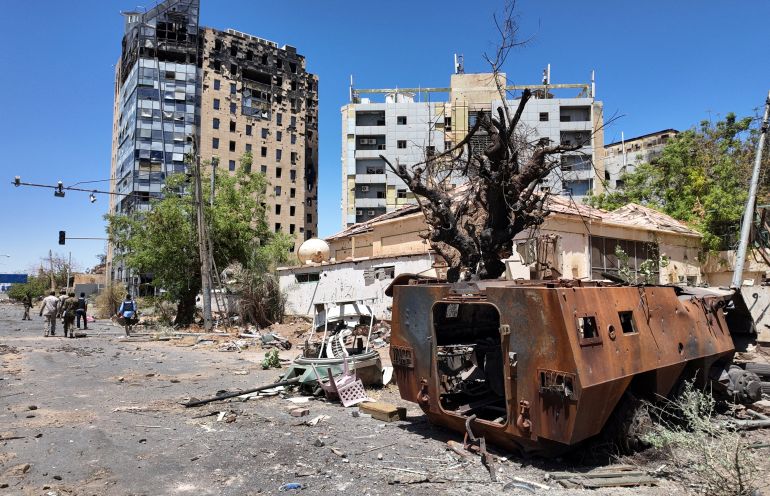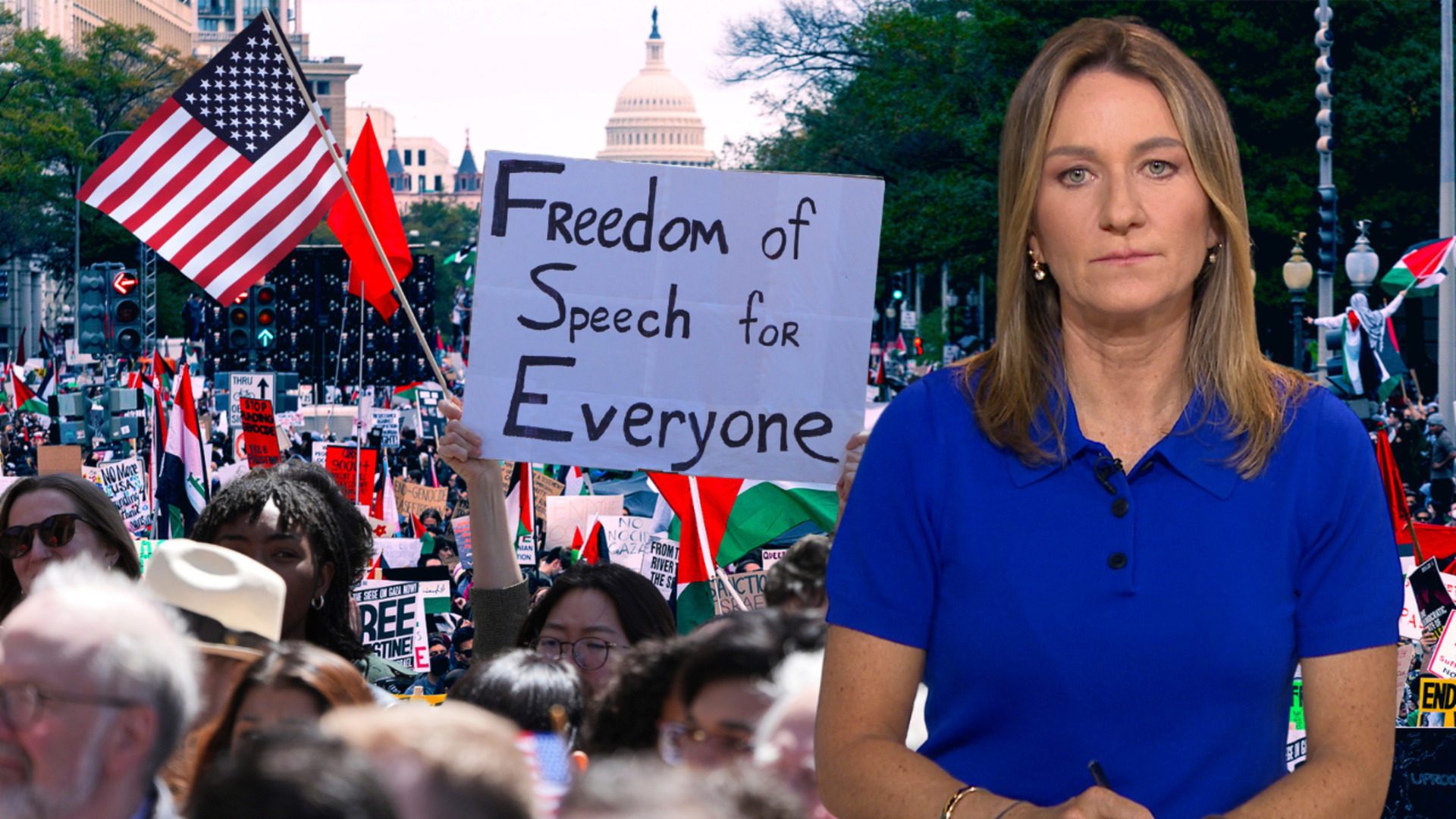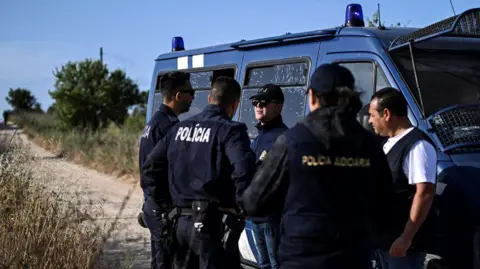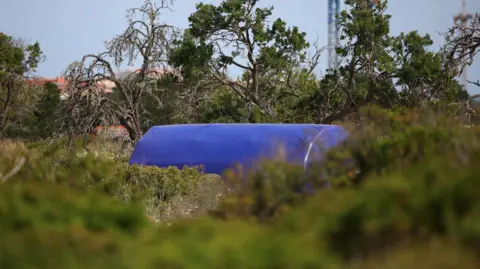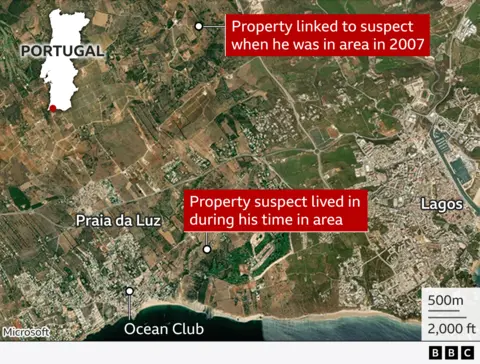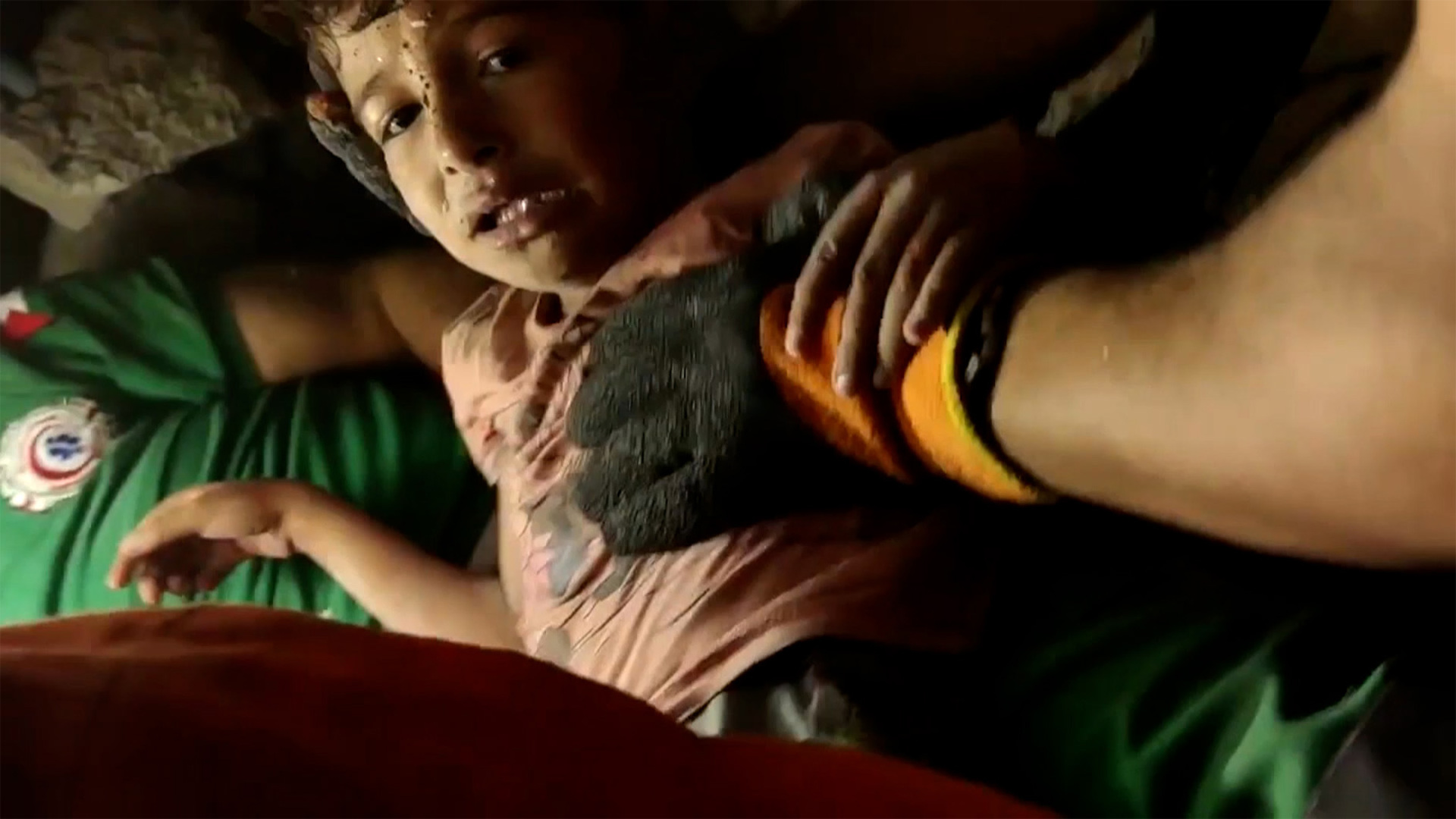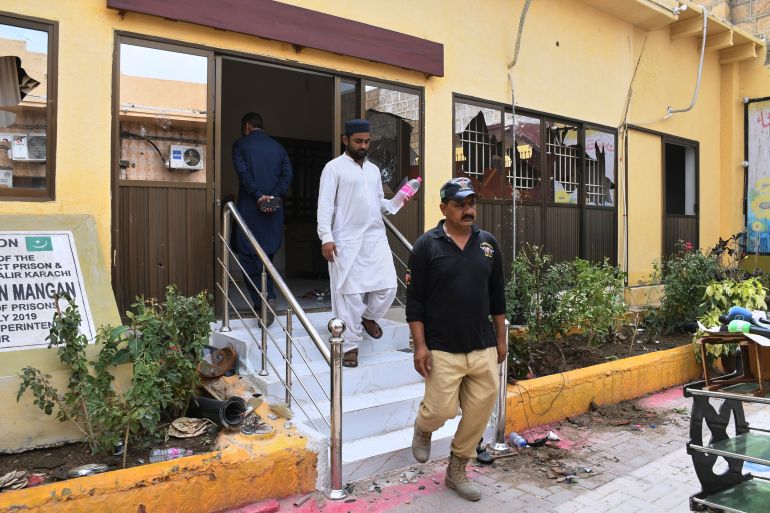US-backed GHF suspends Gaza aid for full day, names new evangelical leader | Israel-Palestine conflict News
Israeli military warns access roads to the Gaza Humanitarian Foundation’s (GHF) aid distribution sites are now considered ‘combat zones’.
The United States- and Israeli-backed Gaza Humanitarian Foundation (GHF) will suspend aid distribution in the war-torn territory on Wednesday, a day after Israeli forces again opened fire on Palestinian aid seekers near a GHF distribution site, killing at least 27 and injuring more than 100.
Israel’s military also said that approach roads to the aid distribution centres will be “considered combat zones” on Wednesday, and warned that people in Gaza should heed the GHF announcement to stay away.
“We confirm that travel is prohibited tomorrow on roads leading to the distribution centers … and entry to the distribution centers is strictly forbidden,” an Israeli military spokesperson said.
In a post on social media, GHF said the temporary suspension was necessary to allow for “renovation, reorganisation and efficiency improvement work”.
“Due to the ongoing updates, entry to the distribution centre areas is slowly prohibited! Please do not go to the site and follow general instructions. Operations will resume on Thursday. Please continue to follow updates,” the group said.
The temporary suspension of aid comes as more than 100 Palestinian people seeking aid have been reported killed by Israeli forces in the vicinity of GHF distribution centres since the organisation started operating in the enclave on May 27.
The killing of people desperately seeking food supplies has triggered mounting international outrage with United Nations Secretary-General Antonio Guterres demanding an independent inquiry into the deaths and for “perpetrators to be held accountable”.
“It is unacceptable that Palestinians are risking their lives for food,” Guterres said.
The Israeli military has admitted it shot at aid seekers on Tuesday, but claimed that they opened fire when “suspects” deviated from a stipulated route as a crowd of Palestinians was making its way to the GHF distribution site in Gaza.
Israel’s military said it is looking into the incident and the reports of casualties.
On Tuesday, GHF named its new executive chairman as US evangelical Christian leader Reverend Dr Johnnie Moore.
Moore, who was an evangelical adviser to the White House during the first term of United States President Donald Trump, said in a statement that GHF was “demonstrating that it is possible to move vast quantities of food to people who need it most — safely, efficiently, and effectively”.
The UN and aid agencies have refused to work with the GHF, accusing the group of lacking neutrality and of being part of Israel’s militarisation of aid in Gaza. Israel has also been accused of “weaponising” hunger in Gaza, which has been brought about by a months-long Israeli blockade on food, medicine, water and other basic essentials entering the war-torn territory.
Moore’s appointment is likely to add to concerns regarding GHF’s operations in Gaza, given his support for the controversial proposal Trump floated in February for the US to take over Gaza, remove the Palestinian population, and focus on real estate development in the territory.
After Trump proposed the idea, Moore posted video of Trump’s remarks on X and wrote: “The USA will take full responsibility for future of Gaza, giving everyone hope & a future.”
Responding on social media to UN chief Guterres’s outrage following the killing of aid seekers in Gaza on Sunday, Moore said: “Mr Secretary-General, it was a lie… spread by terrorists & you’re still spreading it.
The GHF’s founding executive director, former US marine Jake Wood, resigned from his position before the Gaza operation began, questioning the organisation’s “impartiality” and “independence”.
Critics have accused GHF, which has not revealed where its funds come from, of facilitating the Israeli military’s goal of depopulating northern Gaza as it has concentrated aid distribution in the southern part of the territory, forcing thousands of desperate people to make the perilous journey to its locations to receive assistance.
